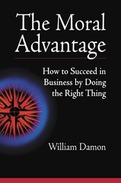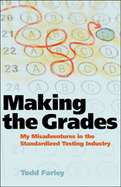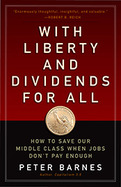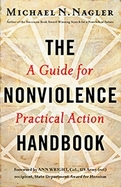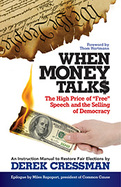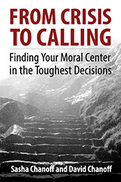2004
- Examines the many ways that adhering to a personal moral code helps people succeed in business by conferring a "moral advantage"
- Tells compelling stories of real-life business leaders who have achieved great success without compromising-in fact because of-their moral convictions
- Written by the acknowledged leading scholar on moral psychology in this country and perhaps the world today
2011
“This book is dynamite! The nice personal voice makes it utterly accessible and enticing, wholly apart from the terribly important ammunition it provides to those of us in the `testing wars' at national and local levels.”—Jonathan Kozol, author of Savage Inequities
In this alternately amusing and appalling expos of the standardized test industry, fifteen-year veteran Todd Farley describes statisticians who make decisions about students without even looking at their test answers; state education officials willing to change the way tests are scored whenever they dont like the results; and massive, multi-national, for-profit testing companies who regularly opt for expediency and profit over the altruistic educational goals of teaching and learning. Although there are absurd moments--as when Farley and coworkers had to grade students based on how they described the taste of their favorite food-- the enormous importance of standardized tests in the post No Child Left Behind era make this no laughing matter.
Click here for Press Release
Barnes proposes a simple market-based way to provide supplemental income to all Americans.
2016
There's nothing inherently unconstitutional in limiting the amount of speech, Cressman insists. We do it all the time—for example, cities control when and where demonstrations can take place or how long people can speak at council meetings. Moreover, he argues that while you choose to patronize Fox News, MSNBC, the New York Times, or the Wall Street Journal, political advertising is forced upon you. It's not really free speech at all—it's paid speech. It's not at all what the Founders had in mind when they wrote the First Amendment.
Cressman examines how courts have foiled attempts to limit campaign spending, details what a constitutional amendment limiting paid speech should say, and reveals an overlooked political tool concerned citizens can use to help gain the amendment's passage. Seven times before in our history we have approved constitutional amendments to overturn wrongheaded rulings by the Supreme Court—there's no reason we can't do it again.
As a young aid worker, Sasha Chanoff was sent to evacuate a group of refugees from the violence-torn Congo. But when he arrived he discovered a second group. Evacuating them too could endanger the entire mission. But leaving them behind would mean their certain death.
All leaders face defining moments, when values are in conflict and decisions impact lives. Why is moral courage the essential factor at such times? How do we access our own rock-bottom values, and how can we take advantage of them to make the best decisions? Through Sasha's own extraordinary story and those of eight other brave leaders from business, government, nongovernment organizations, and the military, this book reveals five principles for confronting crucial decisions and inspires all of us to use our moral core as a lodestar for leadership.


